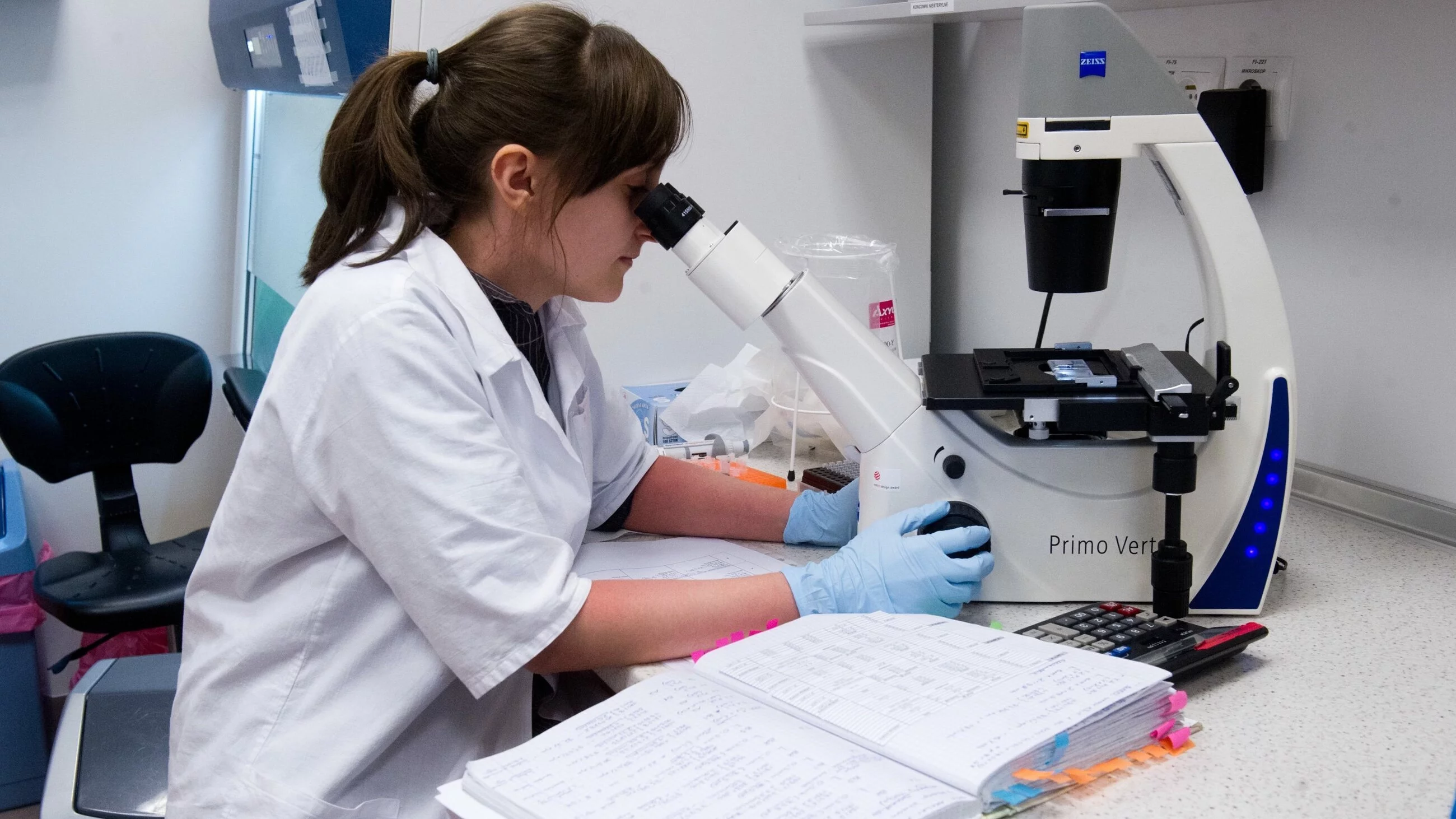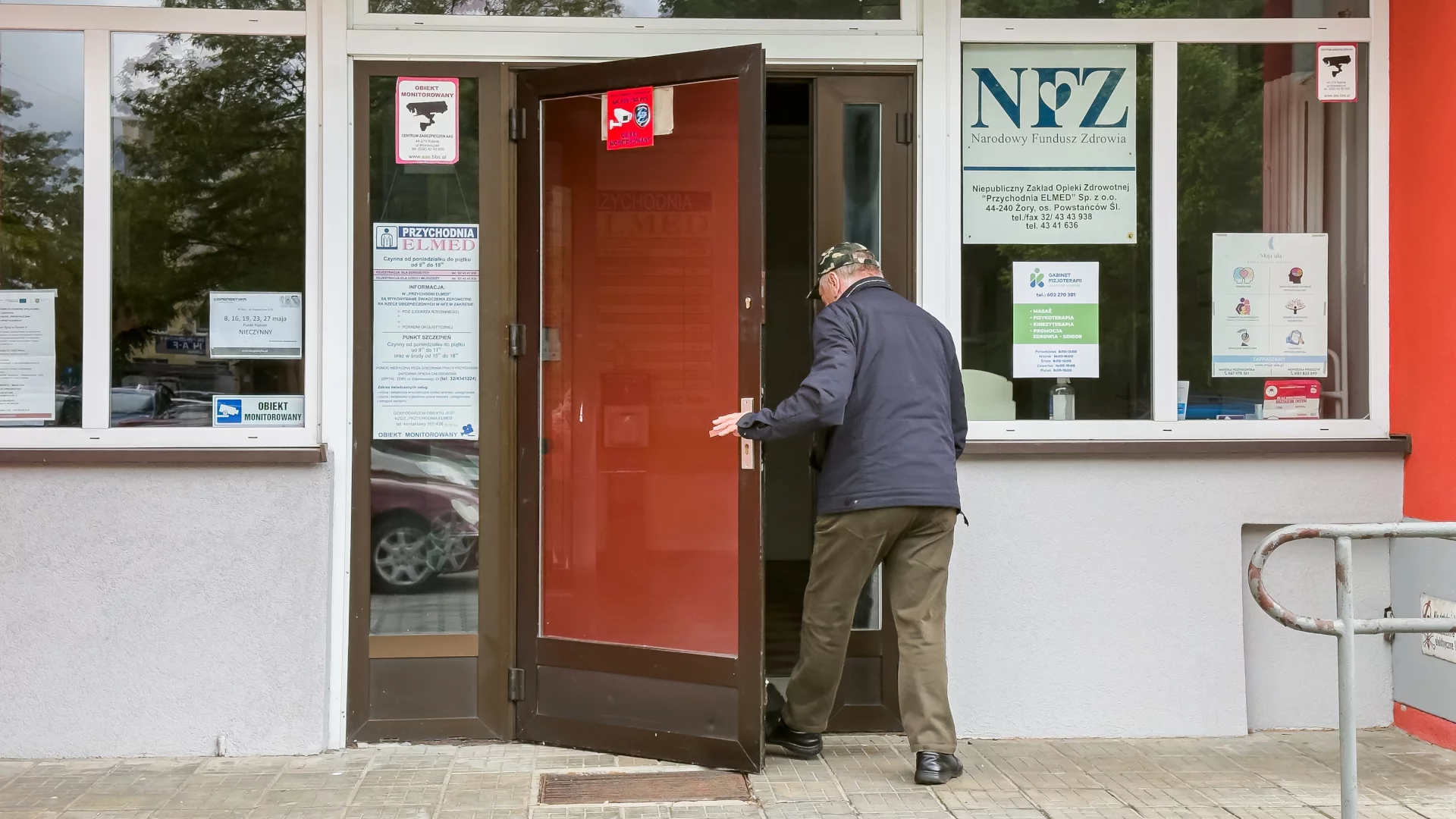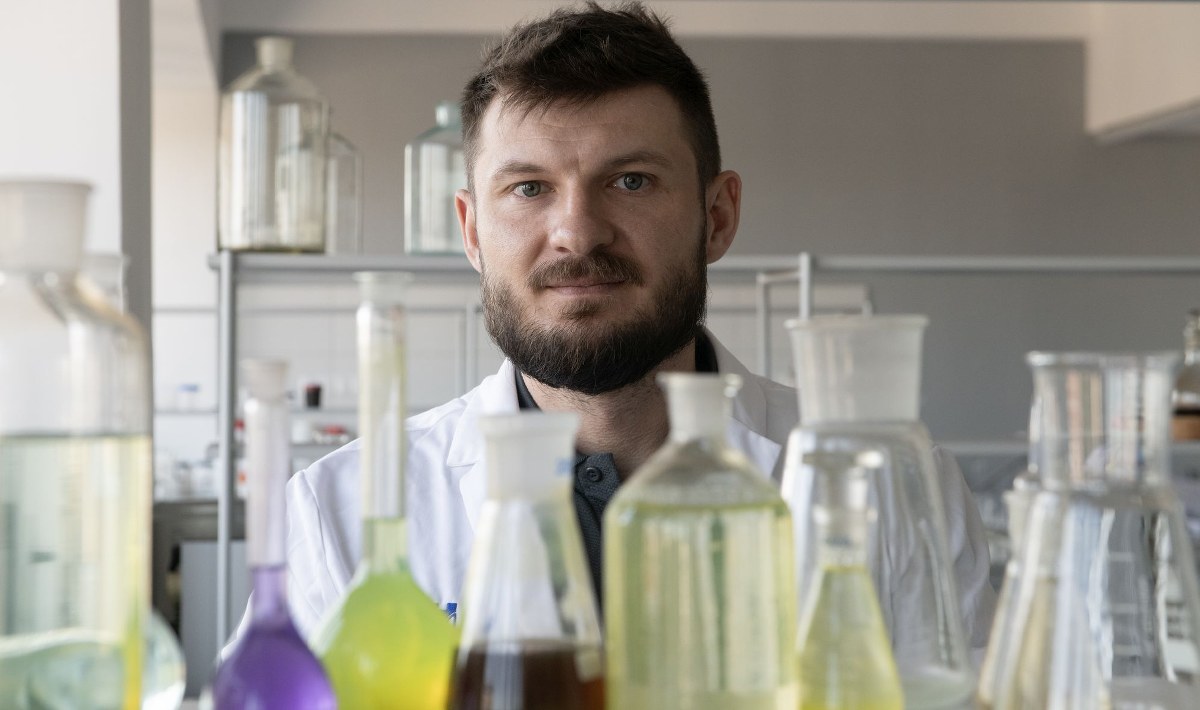A groundbreaking vaccine for pancreatic cancer has shown remarkable early promise, offering fresh hope for patients facing one of the deadliest forms of the disease. The experimental treatment appears capable of slowing disease progression and boosting survival chances, with findings published in the journal Nature Medicine, as The Independent reports.
The vaccine works by harnessing the body's immune system to target specific KRAS-mutant cancer cells. Patients who received the treatment survived an average of around two years and five months, with 68 per cent of participants developing strong immune responses, according to research led by Dr Zev Wainberg from the University of California, Los Angeles.
Cancer's brutal reality
Pancreatic cancer remains one of the most devastating cancers, with around 10,800 new cases diagnosed in the UK annually. The disease ranks as the fifth most lethal and tenth most common cancer in Britain, with the majority of patients dying within three months of diagnosis.
The timing of diagnosis proves critical, yet 44 per cent of cases are only identified in A&E departments where curative treatment options are often limited, as The Independent reports. Only 10 per cent of patients receive their diagnosis early enough for life-saving surgery, highlighting the urgent need for improved detection methods.
Seven warning signs to recognise
Seven key symptoms should never be ignored, particularly when they appear in combination rather than independently. Abdominal or back pain represents the most common warning sign, especially a mild discomfort that worsens over time or can be eased by leaning forward.
Unexplained weight loss without dietary changes serves as a major red flag for pancreatic cancer. Jaundice, characterised by yellowing of the skin and whites of the eyes, can also cause intense itching across the body and may present differently in people with darker skin.
Changes to urine and stools warrant immediate medical attention, including stools that won't flush, darker urine, or pale, greasy-looking stools. New onset diabetes can also signal pancreatic cancer, with symptoms including increased urination, excessive thirst, and unexplained fatigue.
Additional critical symptoms
A persistent or sudden drop in energy that doesn't improve with rest represents another warning sign. This differs from typical tiredness after busy periods, involving persistent fatigue regardless of sleep quality.
Indigestion that fails to respond to usual medications completes the list of warning signs. These symptoms often masquerade as less threatening conditions like irritable bowel syndrome, making early diagnosis particularly challenging.
Breakthrough research findings
"Pancreas cancer (patients) even after all standard treatments, such as chemotherapy and radiation, still have very high risks of the cancer coming back," said study lead Dr Zev Wainberg from the University of California, Los Angeles. "Our results show, in the group of patients who had profound immune responses (17/25, 68 per cent) achieved longer survival than we have expected in this cancer, quite a remarkable finding to occur in a phase 1 trial."
The vaccine's off-the-shelf manufacturing capability could enable rapid deployment if further trials prove successful, as The i reports. However, experts emphasise the importance of symptom awareness while remaining cautiously optimistic about this potential breakthrough in treating the devastating disease.
Sources used: "PA Media", "The Independent", "The i"
Note: This article has been edited with the help of Artificial Intelligence.









![[PILNE] Wydarzył się cud świętego Januarego. Krew męczennika zmieniła stan skupienia](https://static.deon.pl/storage/image/core_files/2025/12/16/37ba338070c2ec35beda1890184c1a7f/webp/deon/feed/pilne-cud-sw-januarego-jednak-sie-wydarzyl-o-1739-krew-zmienila-stan-skupienia.webp)


.webp)

.webp)


